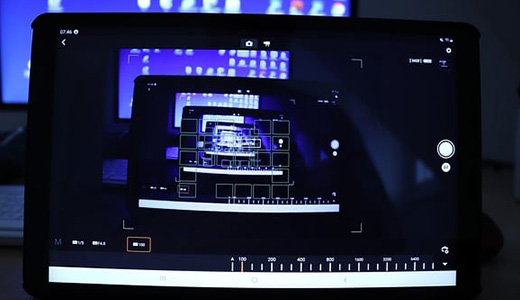What is remote eeg monitoring companies?
Remote EEG monitoring companies specialize in providing electroencephalography (EEG) services from a distance, allowing for the continuous tracking of brain activity in patients outside traditional clinical settings. These companies utilize wearable EEG devices and telemedicine platforms to collect, transmit, and analyze brainwave data, enabling healthcare providers to monitor conditions like epilepsy, sleep disorders, and other neurological issues. This approach enhances patient convenience, improves access to neurological care, and supports timely interventions based on real-time data analysis.
Applications of remote eeg monitoring companies?
Remote EEG monitoring companies provide applications for various fields, including:
- Neurology: Monitoring patients with epilepsy or sleep disorders.
- Mental Health: Assessing brain activity for conditions like depression and anxiety.
- Clinical Trials: Evaluating treatment effects in neuropharmacology studies.
- Telemedicine: Enabling remote consultations and continuous patient care.
- Research: Enhancing understanding of brain functions in cognitive science.
- Brain-Computer Interfaces: Facilitating communication for individuals with disabilities.
- Wearable Technology: Integrating brain monitoring into consumer health devices.
Different types of remote eeg monitoring companies?
Remote EEG monitoring companies can be categorized into several types:
- Wearable Device Manufacturers: Companies that create EEG headsets for home use, such as NeuroSky and Emotiv.
- Telehealth Platforms: Services that integrate EEG monitoring into remote consultations, like NeuroPace and BrainScope.
- Research-focused Firms: Organizations that provide EEG data collection for clinical trials and studies, such as Advanced Brain Monitoring.
- Clinical Service Providers: Companies offering remote EEG analysis and reporting for hospitals and clinics, like SleepMed and EEG Solutions.
Technology used for remote eeg monitoring companies?
Remote EEG monitoring companies typically use a combination of wearable EEG headsets, wireless sensors, cloud-based data storage, and advanced signal processing algorithms. These devices enable continuous brain activity tracking and real-time data transmission to healthcare providers. Many companies also employ machine learning and AI technologies for data analysis and interpretation. These systems often ensure patient privacy and data security through encryption and compliance with healthcare regulations like HIPAA. Additionally, mobile applications facilitate user engagement and remote consultations with neurologists.
Advantages and disadvantages of remote eeg monitoring companies?
Advantages: Remote EEG monitoring companies provide convenience, allowing patients to undergo tests from home while ensuring continuous data collection. They often enhance access to specialists, reduce wait times for appointments, and can offer real-time data analysis.
Disadvantages: Potential issues include data privacy concerns, limited availability of comprehensive care, and reliance on technology, which can lead to connectivity issues or inaccuracies. Additionally, patients may miss the personal interaction with healthcare providers during in-person evaluations.






